Welcome to Jiangsu DZX Factory.
Email:dlx@dlx-alloy.com Mobile/Whatsapp:+86 199 0611 9641
Professional manufacturer of welding wires and spraying wires,over 22 years.
Welcome to Jiangsu DZX Factory.
Email:dlx@dlx-alloy.com Mobile/Whatsapp:+86 199 0611 9641
Professional manufacturer of welding wires and spraying wires,over 22 years.
Contact:Jason
Whatsapp:+8619906119641
Email:dlx@dlx-alloy.com
Add:NO.32 West Taihu Road, Xinbei District, Changzhou, Jiangsu,China
Thermal Spray Wire
Product Details
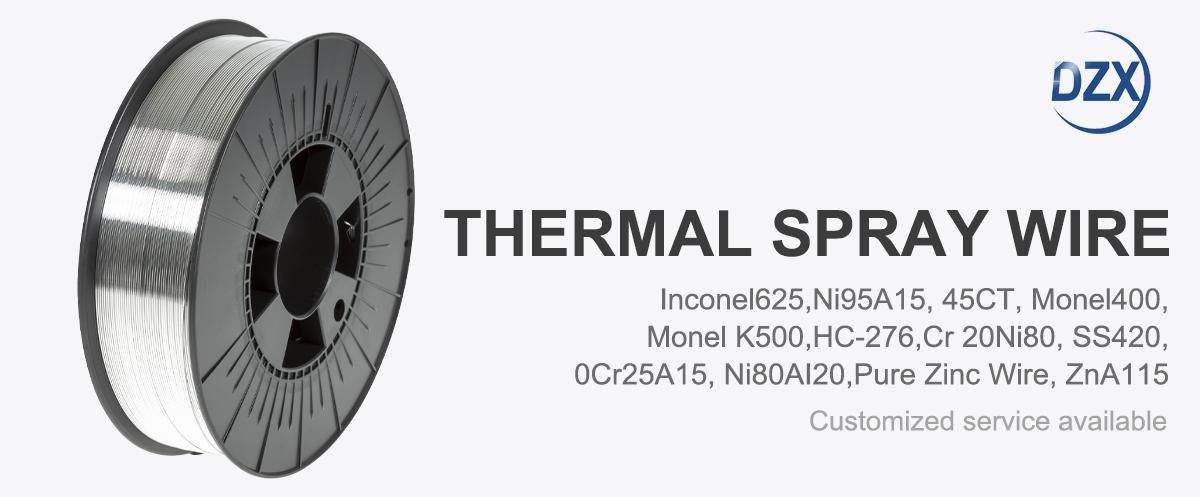
Our Ni80Al20 nickel-aluminum wire is built to deliver tough, long-lasting coatings for arc spray applications, protecting critical industrial components from corrosion and wear. This isn’t just any wire—it’s a high-performance solution that keeps equipment like turbine blades, boiler tubes, and marine parts running strong in the harshest conditions. Let’s dive into what makes our Ni80Al20 wire a top pick, covering its materials, applications, industry trends, and why our company stands out as the best choice for durable coatings.
We craft our Ni80Al20 wire from a premium alloy of 80% nickel and 20% aluminum, with low impurities to ensure top-tier corrosion resistance and self-bonding strength. The high aluminum content is the magic here—it reacts with oxygen during arc spraying to form a tight, self-adhering bond coat that sticks to substrates like steel, titanium, or aluminum without extra prep layers. Available in standard diameters like 1.6mm or 3.2mm, it’s designed for arc spray systems, producing dense, low-porosity coatings that hold up in high-stress environments. We test every batch for purity and consistency, meeting strict standards like AMS 4775 for industrial applications. When sprayed, it creates coatings that resist corrosion, abrasion, and oxidation, lasting over 24 months in harsh settings like seawater or high-temperature industrial furnaces. This makes it perfect for industries needing reliable, long-term protection.
For more other size details, pls directly contact us
In arc spray applications, our Ni80Al20 wire is a powerhouse. It’s used to coat turbine blades in aerospace, restoring worn surfaces while protecting against oxidation at temperatures up to 800°C. Boiler tubes in power plants rely on it to fight corrosion from sulfurous fuels, extending service life and cutting maintenance costs. Marine equipment, like ship hulls and propeller shafts, benefits from its resistance to saltwater and biofouling, reducing drag and repair needs. We’ve seen it applied to structural components in offshore oil rigs, where it handles abrasive wave action and high humidity. The arc spraying process is simple—melt the wire, spray it on, and get a durable coating that bonds both mechanically and chemically. This makes it ideal for both shop-based repairs and on-site maintenance, saving time and money across industries like energy, marine, and manufacturing.
| Nickel (Ni) | 95% |
| Aluminum (Al) | 5% |
| Melting Point | 1400-1450°C |
| Density | 8.9 g/cm³ |
| Bond Strength | ≥ 55 MPa (Flame spray), ≥ 70 MPa (Electric arc spray) |
| Size | 1.2/1.6/2.0mm |
| Weight of Axle | 15kg |
| Parameter | Recommended Value |
| Spray Voltage | 30-40V |
| Spray Current | 100-300A |
| Air Pressure | 0.4-0.6MPa |
| Spray Distance | 100-150mm |
| Preheat Temperature | 80-150°C |
| Coating Thickness | 0.1-1.5mm |
For more other size details, pls directly contact us
The thermal spray industry is thriving, and our Ni80Al20 wire is at the forefront. The global market for thermal spray coatings is growing at a CAGR of 6-7%, projected to reach billions by 2032, driven by rising demand for industrial maintenance and corrosion protection. Industries are pushing for longer-lasting equipment to cut costs, and our wire delivers coatings that extend component life significantly. Sustainability is a big deal—companies want eco-friendly solutions, and our recyclable alloy, paired with green manufacturing powered by renewable energy, fits perfectly. Advancements in arc spraying, like high-velocity systems, are making coatings denser and more efficient, and our wire is optimized for these cutting-edge setups. Regulatory bodies are emphasizing durable materials to reduce waste, and our coatings help meet those goals by keeping parts in service longer. Supply chain challenges, like nickel price volatility, are real, but our diversified sourcing keeps us reliable. The rise of renewable energy systems, like biomass boilers and offshore wind turbines, is opening new markets where corrosion resistance is critical.
What sets our company apart? It’s our relentless focus on quality, customization, and innovation. We don’t just churn out wire; we tailor it to your exact needs. Our R&D team optimizes the Ni80Al20 alloy for maximum bonding strength and corrosion resistance, outperforming standard wires in harsh environments. Need a specific diameter or spooling for your spray system? We hit tolerances tighter than industry norms, ensuring consistent, defect-free coatings. Our quality control is rigorous—testing for bond strength, corrosion resistance, and coating density in simulated conditions like saltwater or high heat. We deliver fast, with streamlined production cutting lead times, so your maintenance schedules stay on track. Our eco-friendly manufacturing appeals to clients chasing green certifications, giving us a clear edge in reliability and sustainability.
Let’s zoom in on applications. Our Ni80Al20 wire is a lifesaver for turbine blades, restoring dimensions while protecting against oxidation and thermal fatigue in jet engines. Boiler tubes in power plants rely on it to resist corrosion from sulfurous fuels, reducing downtime in coal or biomass facilities. In marine settings, it coats ship hulls and propeller shafts, fighting off saltwater corrosion and biofouling to boost efficiency. Offshore oil rigs use it on risers and structural beams, handling abrasive wave action and high humidity. We’ve optimized it for field repairs, where its self-bonding properties cut prep time, making it ideal for quick turnarounds in remote locations. It’s also used in manufacturing, coating rollers and molds to resist wear and corrosion, ensuring production runs smoothly.
Industry trends are exciting. The push for net-zero emissions is driving demand for coatings that extend equipment life, reducing the need for replacements. Asia-Pacific leads in demand due to heavy industrial and marine activity, but North America and Europe are investing in renewable energy and infrastructure upgrades. Economic pressures, like aluminum price fluctuations, challenge the market, but our efficient processes keep costs competitive. Post-COVID, supply chain resilience is critical, and our global facilities ensure steady delivery. Innovations like nanotechnology-enhanced coatings for added hardness are emerging, and we’re exploring those to stay ahead.
| Parameter | Ni80Al20 Nickel-Aluminum Wire | Ni95Al5 Nickel-Aluminum Wire |
|---|---|---|
| Composition | 80% Nickel, 20% Aluminum, low impurities | 95% Nickel, 5% Aluminum, low impurities |
| Corrosion Resistance | Excellent; superior in saltwater and high-humidity environments | Good; effective in milder corrosive conditions |
| Self-Bonding Strength | Superior; strong adhesion due to high aluminum content | Moderate; may require additional surface prep or bond coats |
| Wear Resistance | High; resists abrasion and cavitation in high-stress settings | Moderate; less effective against abrasive wear |
| Temperature Tolerance | Up to 800°C; ideal for high-heat industrial applications | Up to 700°C; suitable for lower-temperature uses |
| Cost | Higher; premium for enhanced bonding and durability | Lower; cost-effective for less demanding applications |
| Application Suitability | Turbine blades, boiler tubes, marine equipment; excels in harsh conditions | General industrial coatings; better for less aggressive environments |
| Coating Durability | Exceptional; maintains integrity for 24+ months in corrosive settings | Good; may degrade faster in high-stress or saline environments |
| Surface Finish | Dense, smooth coatings with low porosity | Smooth but less dense; higher porosity in harsh conditions |
| Process Compatibility | Optimized for arc spraying; self-bonding reduces prep time | Suitable for arc or flame spraying; may need bond coats for adhesion |
Our company’s strength lies in comprehensive support. We offer application guidance, from spray settings to post-coating inspections, ensuring optimal results. Our testing labs simulate harsh conditions—saltwater, high heat—proving our coatings last longer with minimal degradation. Compared to typical market options, our Ni80Al20 wire offers superior self-bonding and durability, reducing maintenance frequency. We provide value-added services like pre-spooled reels for easy handling, building long-term partnerships with clients who value uptime and savings.
Product-wise, our Ni80Al20 wire is optimized for arc spraying, producing dense, smooth coatings with excellent adhesion. The high aluminum content ensures self-bonding, cutting prep time and costs. It’s available in various spool sizes for seamless integration and delivers coatings with low porosity for maximum durability in industrial and marine settings.
Looking ahead, trends like smart coatings with sensors for real-time corrosion monitoring are gaining traction. Regulatory shifts toward sustainable industries align with our strengths, as our wire extends equipment life. The growth of renewable energy systems, like tidal turbines, increases demand for corrosion-resistant coatings, and we’re ready to lead. We’re also investing in greener alloy production to cut our carbon footprint.
For more other size details, pls directly contact us
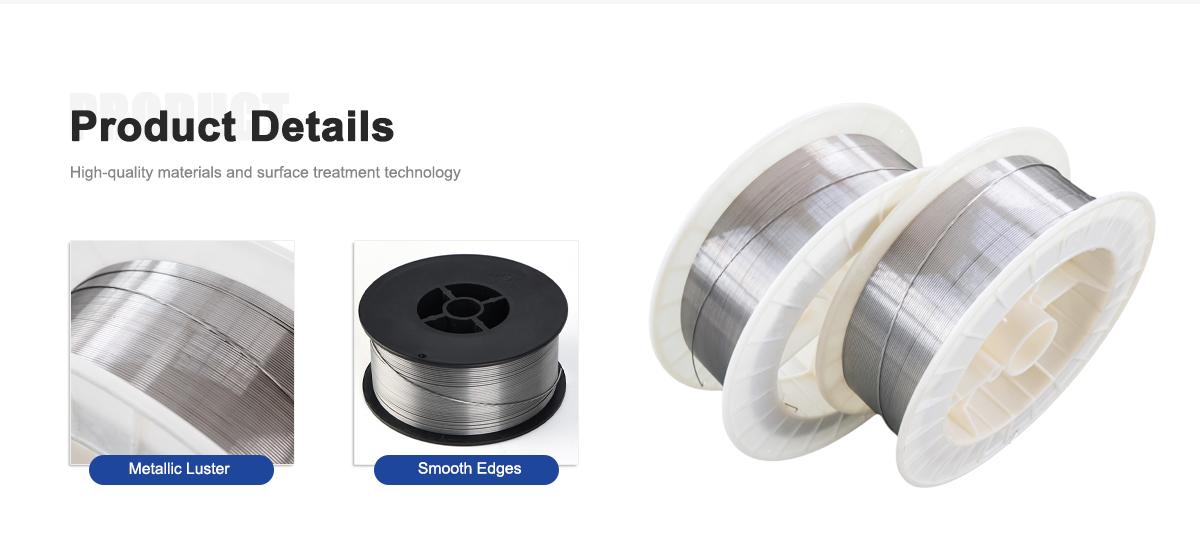
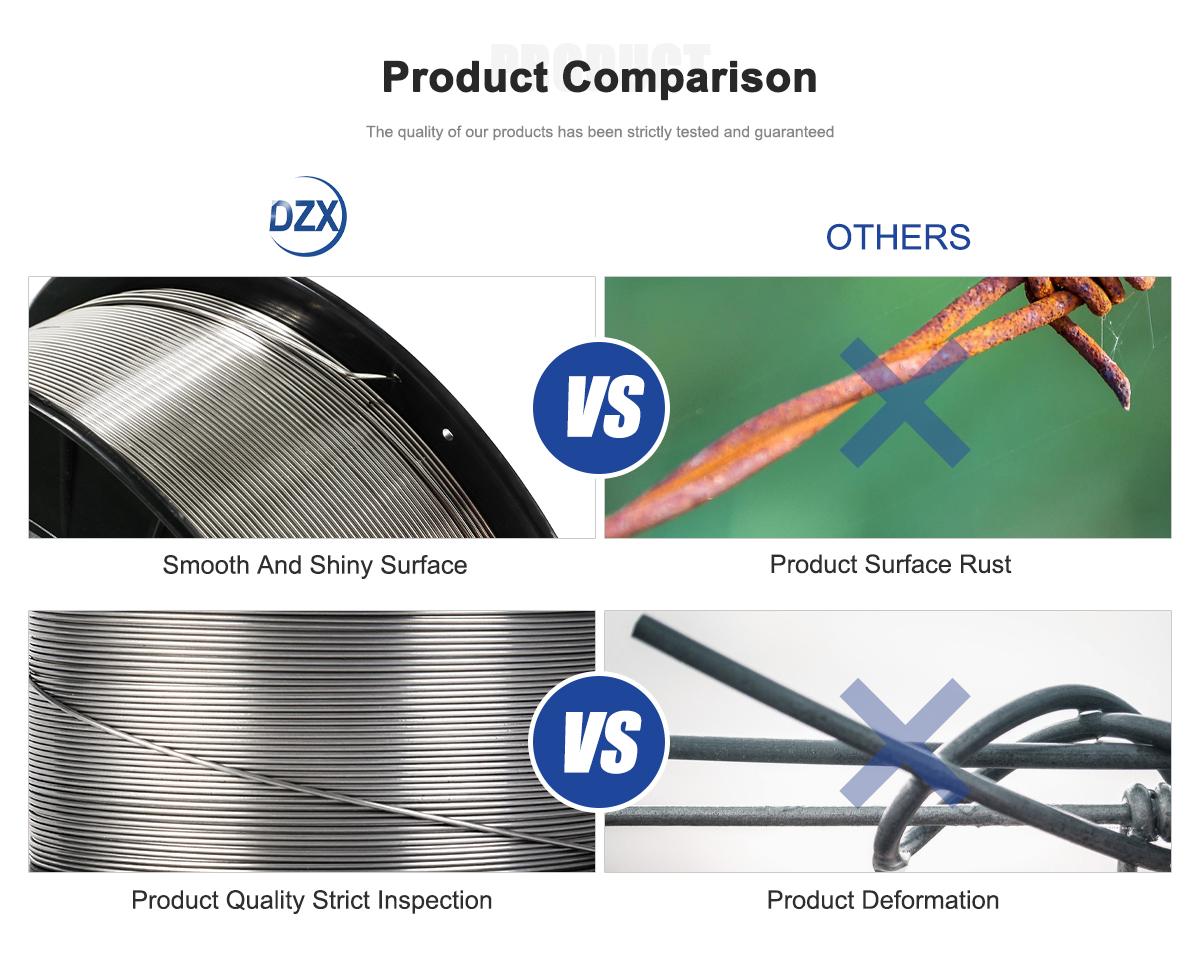
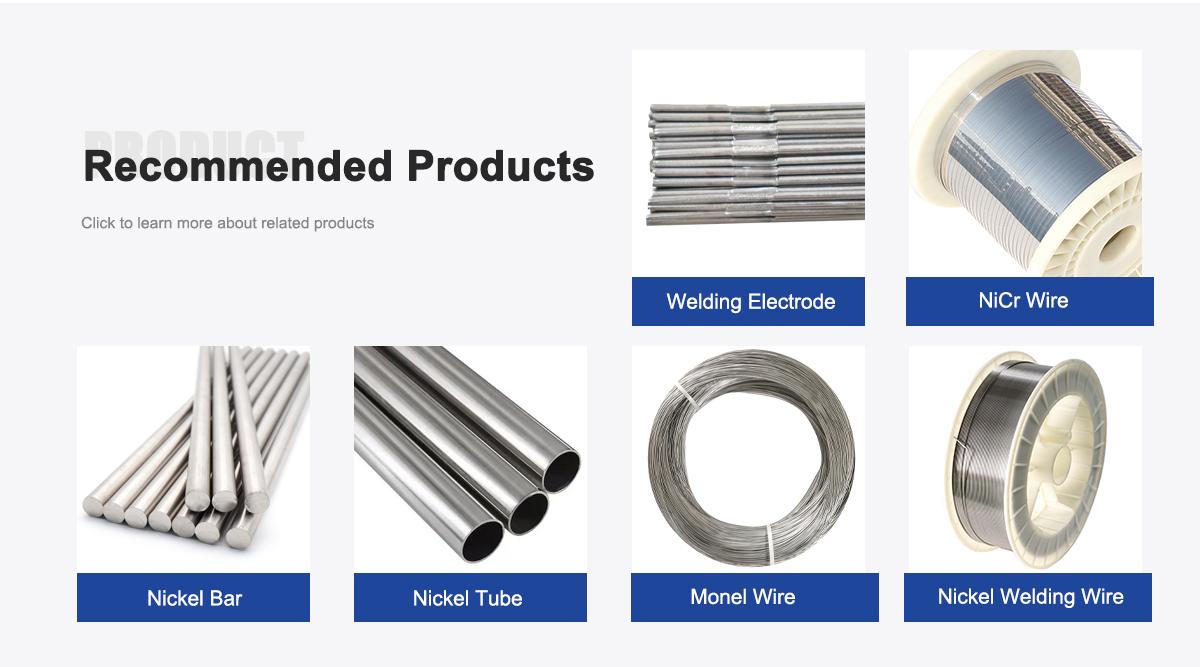
About Us:
Our 12,000㎡ factory is equipped with complete capabilities for research, production, testing, and packaging. We strictly adhere to ISO 9001 standards in our production processes, with an annual output of 1,200 tons. This ensures that we meet both quantity and quality demands. Furthermore, all products undergo rigorous simulated environment testing including high temperature, high pressure, and corrosion tests before being dispatched, ensuring they meet customer specifications. We also provide chemical analysis reports for every FeCrAl alloy, NiCr alloy, and other products purchased.
For all our clients, we offer timely and multilingual after-sales support and technical consulting, helping you resolve any issues swiftly and efficiently.
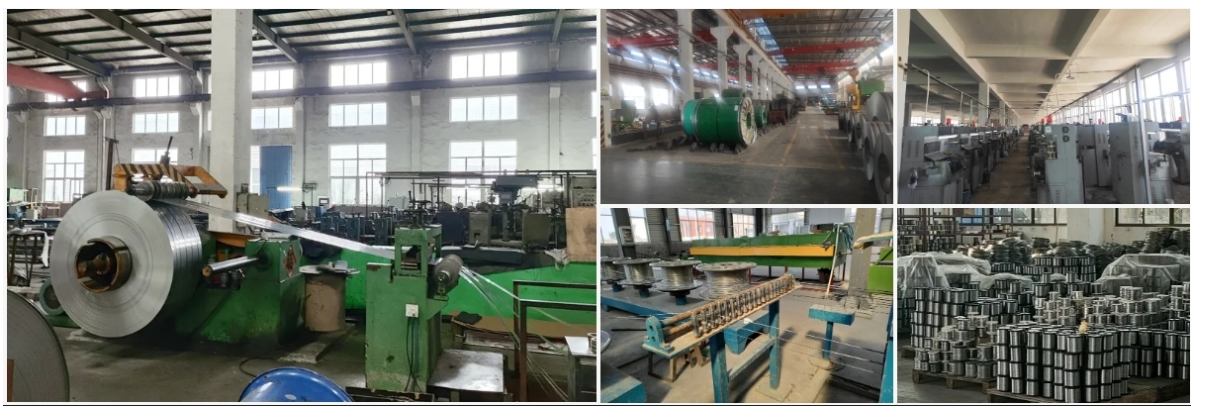
Client Visits
Building Stronger Partnerships
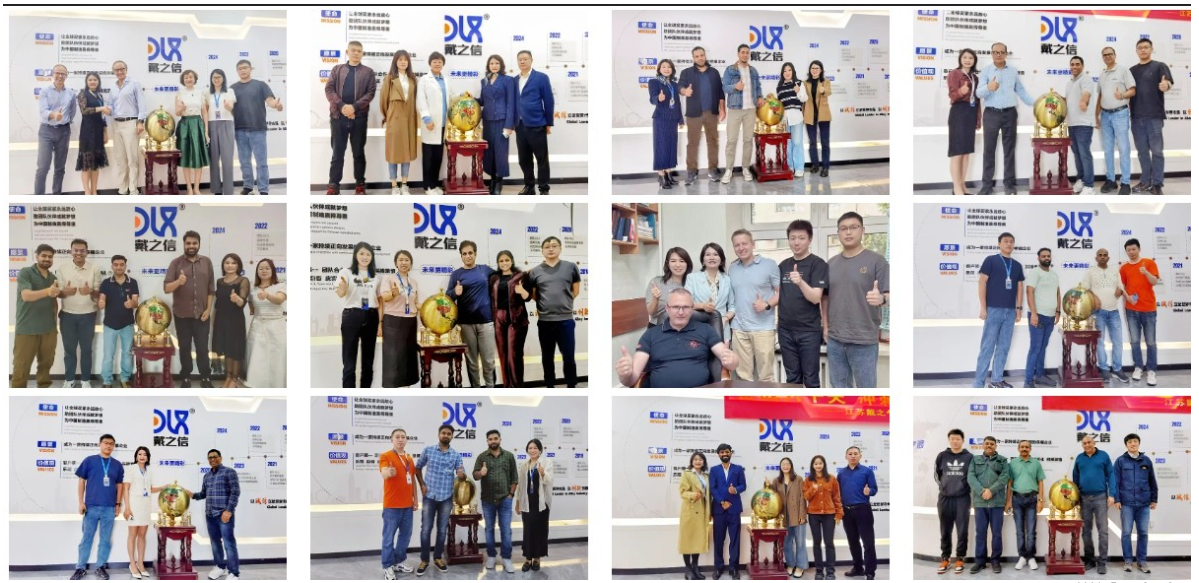
We support all kinds of testing:
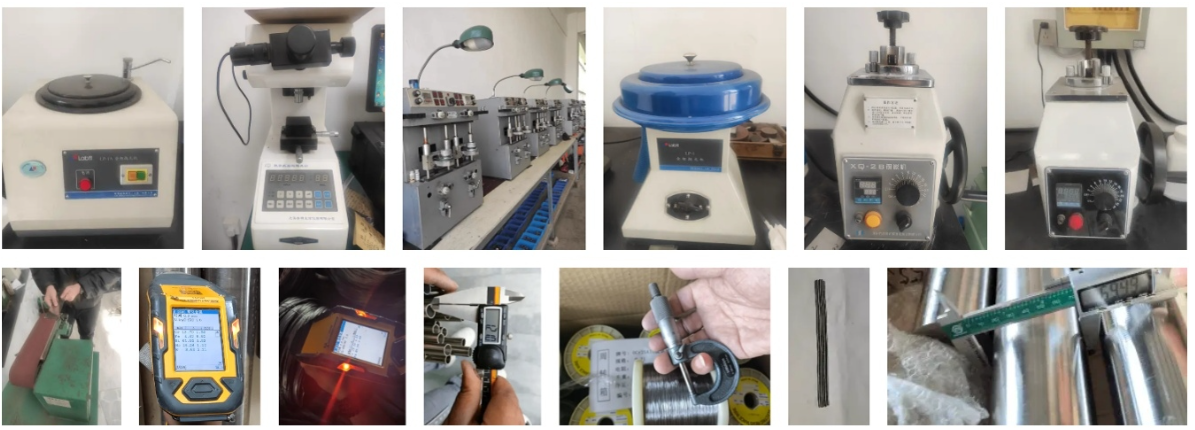
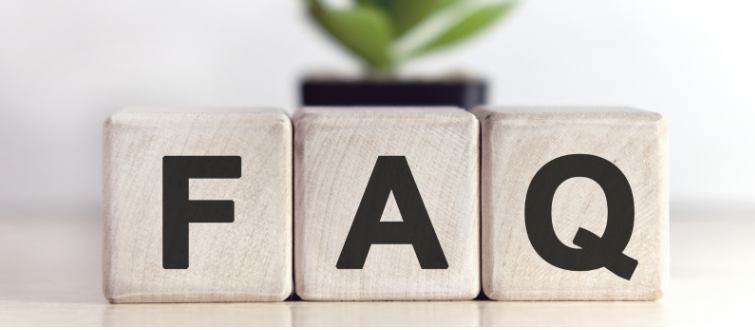
What materials are used in Ni80Al20 nickel-aluminum wire?
Ni80Al20 wire consists of 80% nickel and 20% aluminum, with minimal impurities to ensure strong self-bonding, corrosion resistance, and durability in arc spray applications.
What are the primary applications of Ni80Al20 wire for arc spraying?
It’s used to coat industrial components like turbine blades, boiler tubes, marine equipment, and structural parts, protecting against corrosion, wear, and oxidation.
How does Ni80Al20 wire achieve self-bonding in arc spray coatings?
The high aluminum content reacts with oxygen during spraying to form a robust oxide layer, creating a self-adhering bond coat without additional bonding materials.
What industry trends are driving demand for Ni80Al20 wire?
Trends include growth in industrial maintenance markets, a CAGR of 6-7% through 2032, demand for sustainable coatings, and advancements in high-velocity arc spray systems.
Is Ni80Al20 wire suitable for high-stress environments?
Yes, it withstands temperatures up to 800°C and resists corrosion and abrasion, making it ideal for harsh industrial and marine conditions.
How do you maintain coatings applied with Ni80Al20 wire?
Inspect coatings every 12-18 months for wear, clean off debris or marine growth, and reapply every 2-3 years to maintain protection.
How do environmental factors affect Ni80Al20 wire coatings?
Coatings resist saltwater, high humidity, and thermal cycling, ensuring durability in corrosive environments like marine or industrial settings.
What future trends might impact Ni80Al20 wire for arc spray applications?
Emerging trends include nanotechnology-enhanced coatings, use in renewable energy systems, and eco-friendly alloy production to reduce environmental impact.
Previous article:Ni80Al20 Thermal Spray Wire for Aerospace Component Restoration
Next article:Ni60Cr15 Alloy Wire for High-Temperature Abrasion Resistance